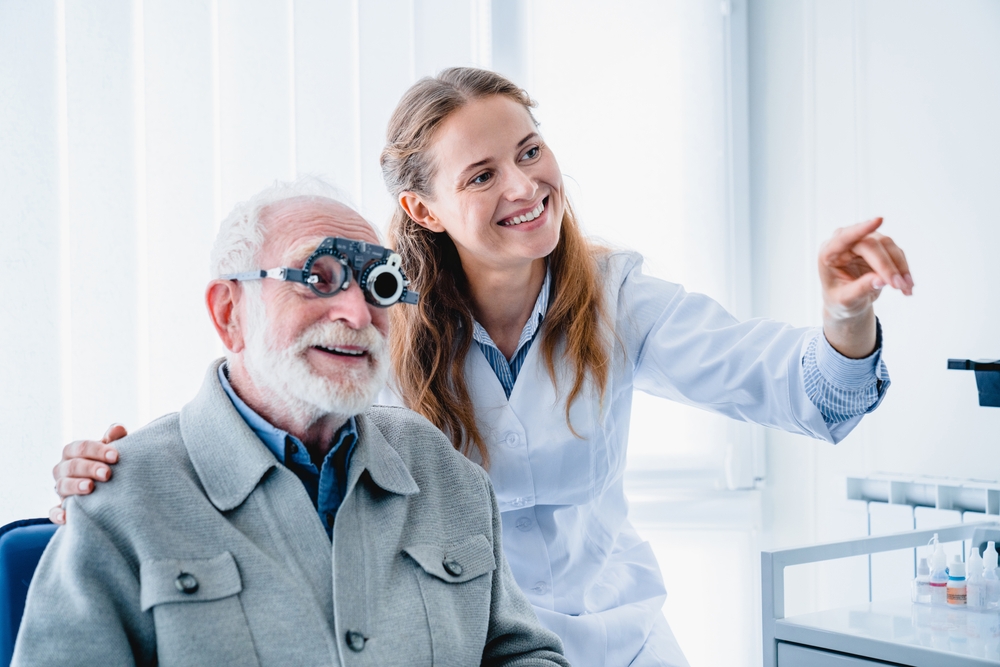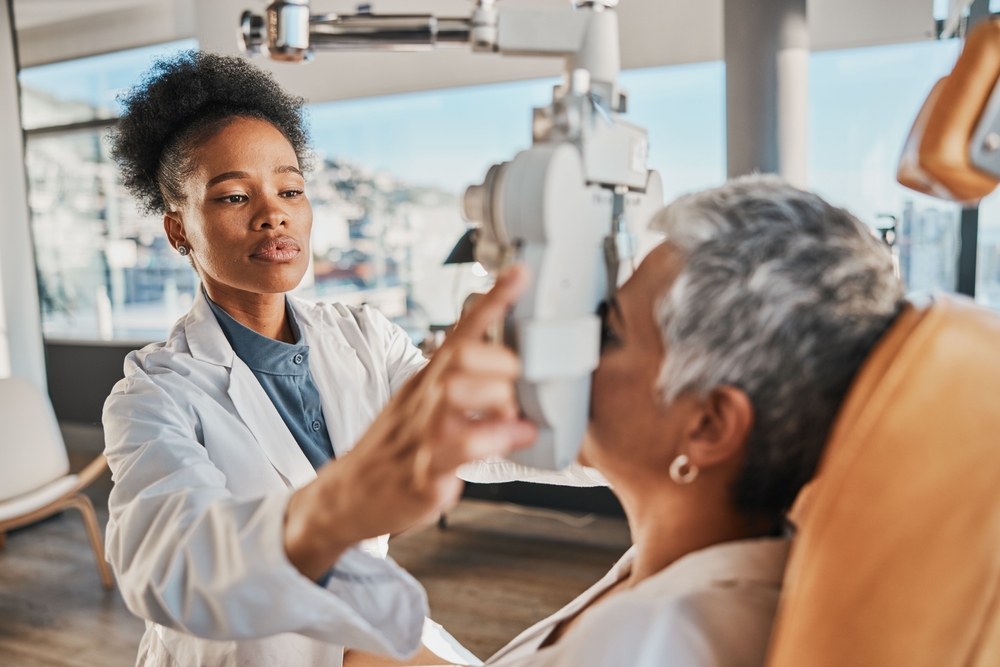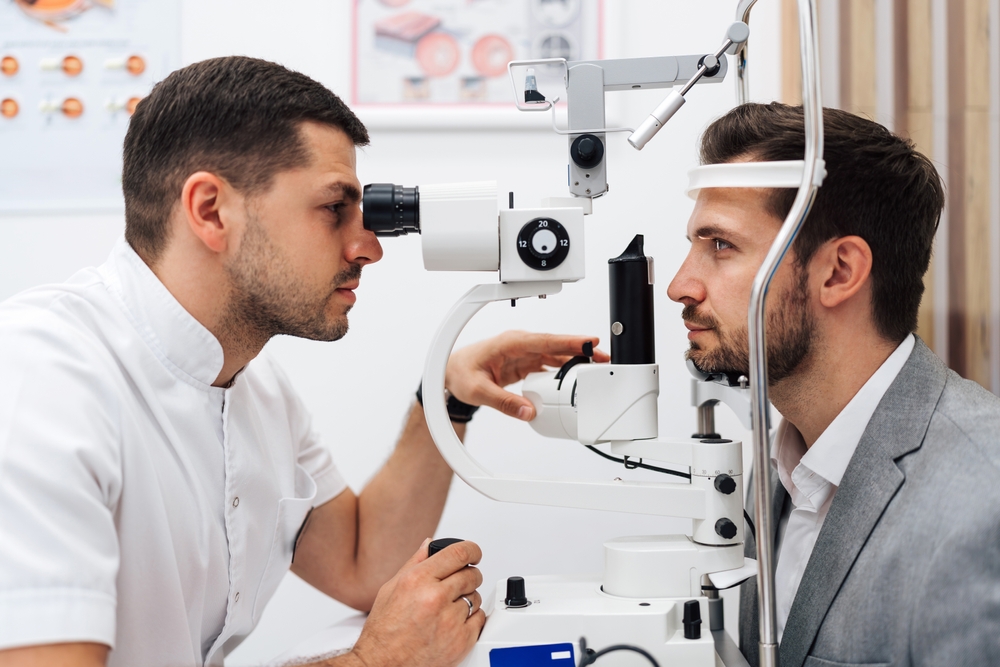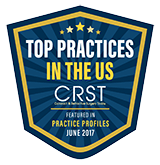Are you looking for an eye care professional in Baton Rouge? You may be wondering which type of eye care provider is right for you.
Knowing the difference between an ophthalmologist and an optometrist can make choosing the right professional for your vision or eye care needs easier. Keep reading to learn more about whether you should see an optometrist or ophthalmologist in Baton Rouge.
What is an Optometrist?

An optometrist is an O.D. or Doctor of Optometry who offers primary vision care. They can prescribe contact lenses and glasses, fit and dispense visual aids, perform eye exams, and diagnose and manage common vision and eye conditions.
An optometrist can also prescribe medications for certain eye conditions in some states. However, what they’re licensed to do for patients tends to vary from state to state.
Education and Training
After high school, optometrists receive at least 8 years of education, which includes:
- 4 years of college-level education
- 4 years of optometry school
- 1 year residency in a chosen field, which is optional
An optometrist is required to undergo continuing education to maintain their license.
What is an Ophthalmologist?
An ophthalmologist is a medical doctor, or M.D., with advanced and extensive training to offer medical and surgical eye care. They can diagnose and treat all ocular diseases, including complex vision and eye conditions, and offer primary eye care services.
Ophthalmologists can also perform intricate surgeries, manage chronic conditions requiring more advanced care, and provide rehabilitation after eye surgery.
Education and Training

Ophthalmologists typically complete 16 years of education. This includes:
- 4 years of college
- 8 years of medical training
- 1-year internship
- 3 years of ophthalmology residency
Some ophthalmologists undergo a fellowship, which entails one or two years of additional training to become sub-specialists. Subspecialties include neuro-ophthalmology, pediatric and strabismus, ocular oncology, oculoplastics, surgical retina, medical retina, uveitis, cornea diseases, and glaucoma.
Ophthalmologists must receive continuous education to maintain their license. At Williamson Eye Center, our expert ophthalmologists are dedicated to providing high-quality eye care by remaining up-to-date on all the latest technologies and advances in the field.
When Should You See an Optometrist?
An optometrist can be a great choice for checkups, new contact lens or glasses prescriptions, evaluating and updating your current prescription, and managing common eye conditions like styes, pink eye, and eye strain.
When Should You See an Ophthalmologist?
You may need to visit an ophthalmologist if you have the following:
Vision Problems
If you’re having trouble seeing, an ophthalmologist can evaluate your condition and prescribe visual aids if needed. Sometimes, there could be an underlying eye condition that’s causing these vision changes.
Your ophthalmologist can diagnose, treat, and monitor the eye condition to help maintain your eye health and vision.
Family History of Eye Conditions
It’s vital to see an ophthalmologist if you have a family history of eye conditions like glaucoma or age-related macular degeneration. After your initial visit, they can recommend how often you should get your eyes checked.
Frequent eye exams can help your ophthalmologist detect eye conditions promptly before they cause severe damage and when treatment is most effective.
Chronic Eye Conditions

An ophthalmologist has the expertise to effectively manage chronic eye conditions such as diabetic retinopathy and dry eye. They can develop a personalized treatment plan to safeguard your sight and help you find relief.
Eye Surgery
If you need eye surgery, consult an ophthalmologist. They’re highly trained to perform surgical procedures such as refractive surgeries, cataract surgery, retinal detachment repair, and corneal transplantation.
Subspecialty Care
For patients with certain eye conditions that demand expertise, such as uveitis, retinal diseases, or glaucoma, seeing an ophthalmologist can ensure expert care, prevent potential complications, and provide the best possible outcomes.
Complex Health Conditions
You may need to see an ophthalmologist if you have a health condition such as diabetes, cholesterol, thyroid disease, high blood pressure, or autoimmune disease that can compromise your sight.
When to Seek Emergency Eye Care
If you have eye pain, an eye injury or infection, or notice abrupt flashes or floaters, seek immediate medical care without delay. In case of an eye emergency like eye trauma, chemical burns, foreign objects in the eye, intense or persistent eye pain, shadow moving across your field of vision, or sudden vision loss, every second counts.
Emergency care services can provide urgent treatment, minimize damage, and protect your eyesight.
See the Right Eye Care Professional in Baton Rouge
Whether you are experiencing new symptoms, need a routine eye checkup, have an underlying health condition affecting your vision, or require specialized care, our experienced optometrists and ophthalmologists can ensure you get the most appropriate care for your unique eye needs. ‘
Are you looking for an optometrist or ophthalmologist? Schedule your appointment at Williamson Eye Center in Baton Rouge, LA, today. We’ll tailor solutions to help you maintain long-term vision and eye health.



